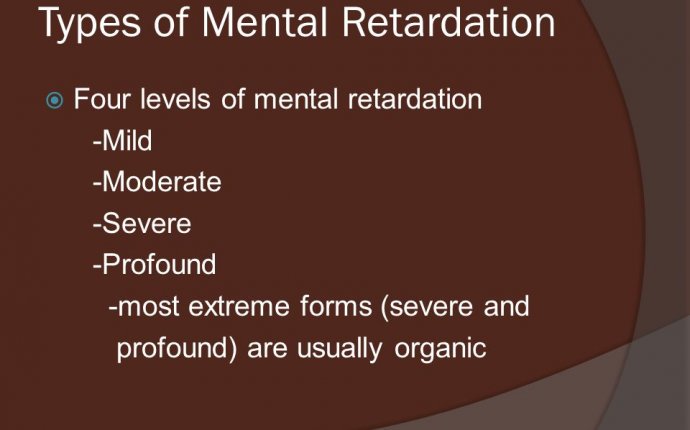
types of mental
There are over a half-dozen different professions that provide services that focus on helping a person overcome a mental health concern or some significant life issue. There are dozens more variations on these, which can lead to a great deal of confusion in the marketplace. The largest difference between the types of professionals is usually what they focus or specialize in, and their educational background.
In order to treat individuals or groups in a clinical environment — such as a private practice, a group practice, or a hospital — all of the mental health professionals must be licensed in order to practice. Licensure is conducted on a state-by-state basis, and licensure requirements vary widely from profession to profession. (Unlicensed professionals may work in academia, as a researcher, or in other areas of psychology, psychiatry or mental health that don’t require direct clinical contact with patients.)
Here is a brief run-down of some of the major professions.
Psychiatrist
A psychiatrist is a medical doctor and the only professional that specializes in mental health care and can prescribe medications. (Family doctors often prescribe medications for mental health concerns, but do not have specialized training or background in treatment mental disorders.) Most psychiatrists focus on prescribing the appropriate medication that’s going to work best for that individual and their concerns; a few also do psychotherapy.
Psychologist
A psychologist is a professional who does psychotherapy and has a doctorate degree (such as a Ph.D. or Psy.D.). Psy.D. programs tend to focus on clinical practice and result in the professional having thousands of hours of clinical experience before they enter practice. Ph.D. programs can focus on either clinical or research work, and the amount of clinical experience a professional will gain varies from program to program. Psychologists receive specific training in diagnosis, psychological assessment, a wide variety of psychotherapies, research and more.
Clinical Social Workers
Typically a clinical social worker will have completed a Master’s degree in social work (M.S.W.) and carry the LCSW designation if they are doing psychotherapy (Licensed Counselor of Social Work). Most programs require the professional to go through thousands of hours of direct clinical experience, and the program focuses on teaching principles of psychotherapy and social work.
Psychiatric Nurses
Most psychiatric nurses are trained first as a regular registered nurse (R.N.), but get specialized training in psychiatry and some forms of psychotherapy, typically including up to 500 hours of direct clinical experience. Psychiatric nurses in most states may also carry prescription privileges, meaning that they can often prescribe the same kinds of medications that a psychiatrist can.









